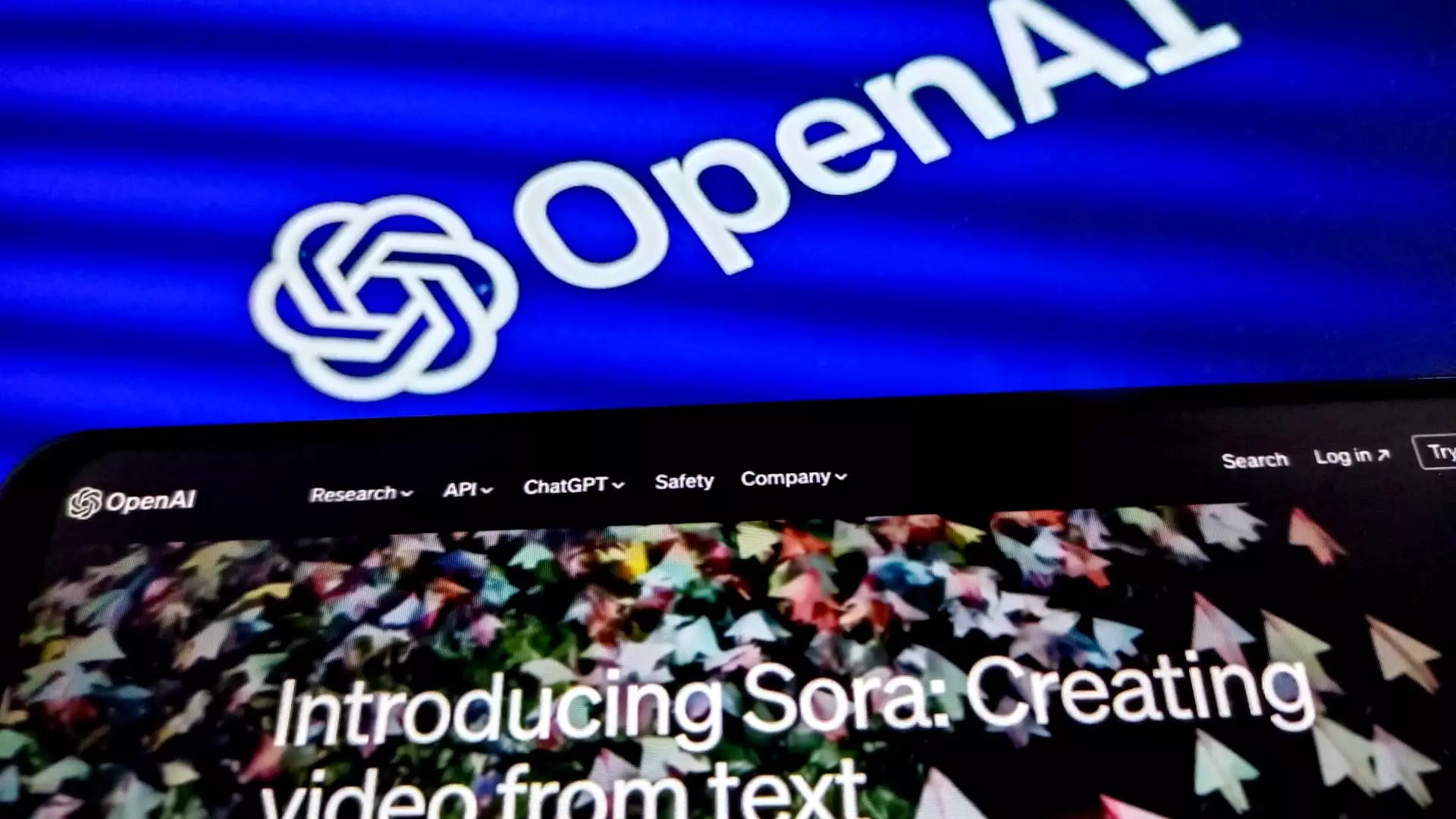Artificial intelligence (AI) continues to capture global attention as a transformative technology, and major players in this space, such as OpenAI, are under scrutiny. In light of recent executive departures that have raised eyebrows, OpenAI’s Chief Financial Officer, Sarah Friar, is making concerted efforts to reassure investors about the company’s ongoing stability and ambitious funding endeavors. This article seeks to explore the implications of the leadership shifts at OpenAI and how the company plans to navigate its future.
News of the departure of Chief Technology Officer Mira Murati, followed by the announcements regarding the exits of senior research figures Bob McGrew and Barret Zoph, has initiated a wave of apprehension among investors. Murati has been integral to OpenAI since her arrival six and a half years ago, briefly serving as interim CEO during a tumultuous period. Her exit from such a key position undoubtedly raises questions about the future direction of OpenAI, especially since it comes amidst additional leadership changes.
In response, Friar highlighted the importance of providing investors with context regarding these shifts. By reassuring them of the company’s “talented leadership bench,” she aims to quell fears that the recent departures could stymie OpenAI’s momentum. However, it remains to be seen whether the remaining leadership team can maintain the innovative drive that OpenAI has been known for.
Despite the leadership upheaval, OpenAI is reportedly on the verge of closing a significant funding round valued at approximately $6.5 billion, which positions the company with a market capitalization around $150 billion. This ambitious financing effort is crucial as OpenAI seeks to sustain its competitive edge in a rapidly evolving sector where innovation is paramount.
Thrive Capital’s lead investment of $1 billion not only underscores confidence from institutional investors but also indicates that the funding round has attracted attention beyond OpenAI’s immediate circles. There is an overarching belief within the tech community that the company can weather short-term turbulence and emerge stronger as it harnesses newfound financial resources to advance its research and product initiatives.
In her email, Friar emphasized the company’s commitment to “bringing AI to everyone” and developing sustainable revenue models that align with investor interests. This strategic focus aims to assure stakeholders that OpenAI remains dedicated to long-term growth and value creation, even amid transitions at the executive level.
The introduction of new leadership members like Mark Chen, who will pivot into a senior vice president role in research, signals an intention to reinvigorate the company’s innovation efforts. Leaders from diverse backgrounds, including Kevin Weil from Meta, are set to push OpenAI’s capabilities further, suggesting that the company is not just looking to replace outgoing talent, but rather to enhance its team with fresh perspectives.
At a recent all-hands meeting, co-founder Sam Altman sought to quell rumors regarding a potential “giant equity stake” for himself. His assertive denial of such speculations reflects a broader concern among investors about the equity distribution within OpenAI’s leadership. Altman’s involvement as a co-founder should ideally align with interests that promote collective success, yet the conversations surrounding equity often surface when leadership transitions occur.
Transparency in equity arrangements is crucial for maintaining investor confidence. The company’s commitment to a collaborative environment will be tested as they address potential concerns regarding leadership compensation and alignment with overall business interests.
As OpenAI navigates through significant leadership changes, it must also balance investor expectations, innovation demands, and competitive pressures. Friar’s communications emphasize resilience within the ranks, while the forthcoming funding round illustrates solid investor confidence. Whether OpenAI can maintain its innovative trajectory amidst these shifts will depend largely on how well it adapts to change and continues to attract and retain top talent. The future of AI is bright, and OpenAI’s evolving narrative will play a crucial role in shaping that landscape.

